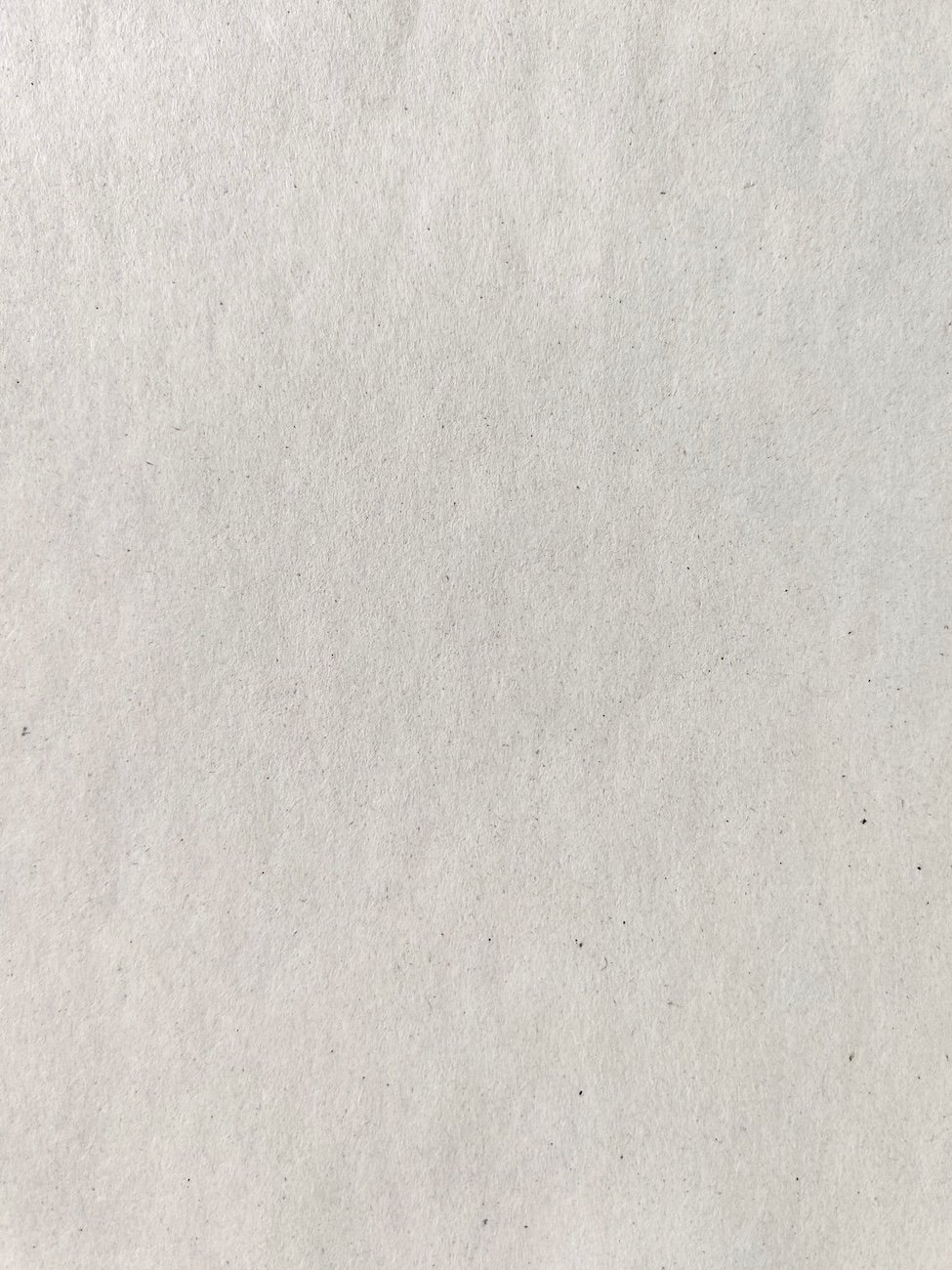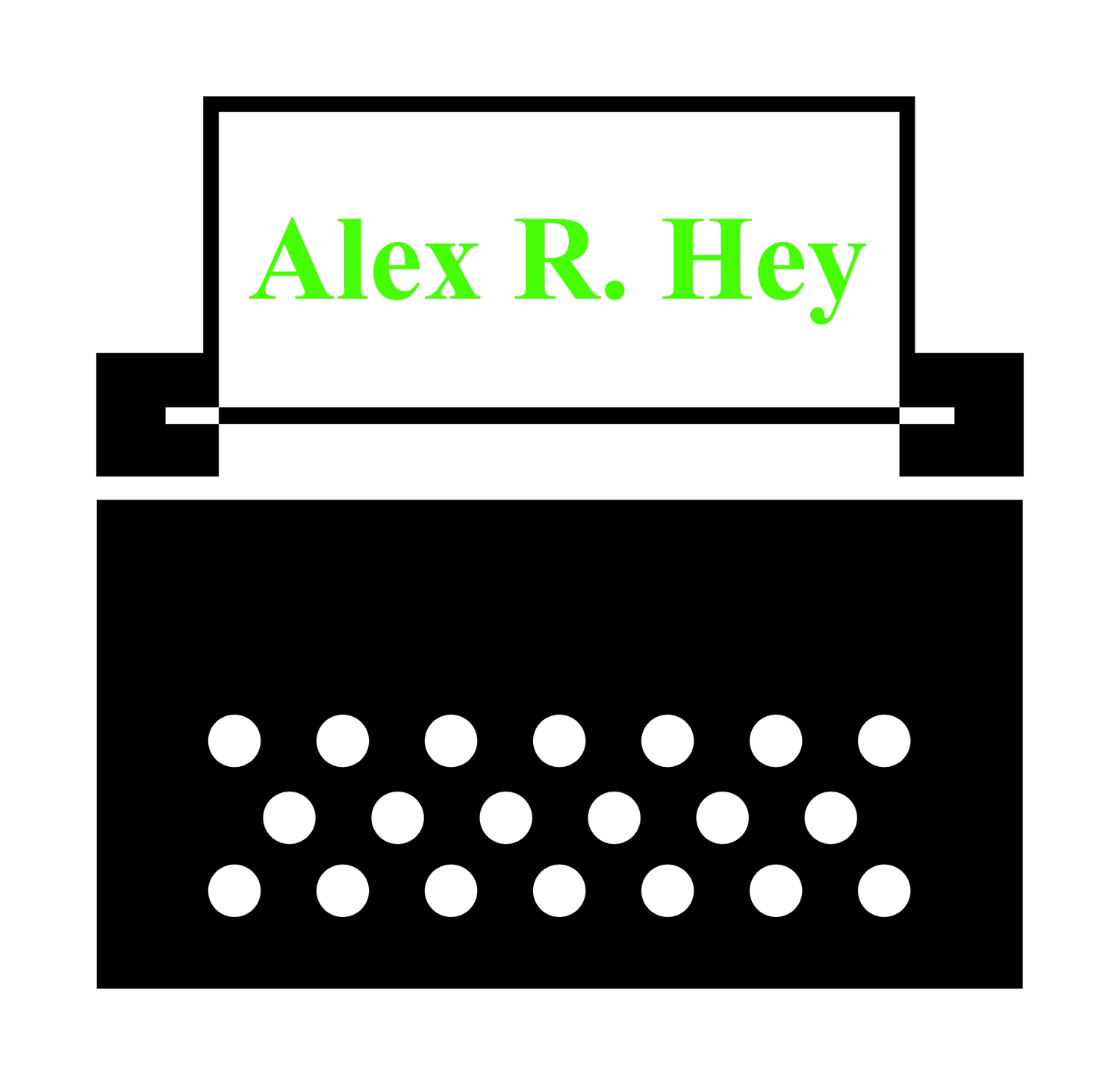
Personal Blog
The Casual Use of the Terms "ADHD" and "OCD"
Is your life disordered? By that, I mean: Are you unable to function properly? If you are able live a normal life, then you do not have ADHD or OCD, both of which are disorders.
I have noticed a trend recently where an individual will casually and/or jokingly say they have ADHD or OCD. The individual who does this does not have either disorder, nor do they realize the consequences of their actions. ADHD and OCD are medical diagnoses, not descriptions of a personality.
In recent years, tremendous strides have been made in the mental health field. However, these efforts are being thwarted by those who do not take conditions like ADHD and OCD seriously. When people casually refer to themselves as having ADHD and OCD, they minimize the struggles of those who do suffer from these disorders.
The use of the word "suffer" in the previous paragraph is extremely deliberate. What led me to finally seek a diagnosis for ADHD was an incident where I was on the verge of tears, due to my despair over not being able to focus on the activities that mattered most to me. Now that I have officially been diagnosed with ADHD, I understand that my brain does not function and that my inattentiveness is not my fault, but that knowledge does not completely relieve my frustration.
I do not wish to vilify those who casually use the terms "ADHD" and "OCD." I am not a member of the "Politically Correct Police." My point is to illustrate that there is a lot of ignorance with regards to mental health issues and that comments like these hurt the efforts of those trying to bring awareness to these issues. There is very little scientists know about ADHD, and when ADHD is treated like a joke, it becomes difficult to organize serious efforts to study and learn more about this disorder.
The comic sentiment surrounding ADHD and OCD and the temptation to use these terms lightly is something I completely understand. I have made jokes using ADHD and OCD and have referred to them casually, without intending to use their literal meaning. The temptation to use OCD lightly is strongest for me when I consider the large amount of attention I give my finger nails and cuticles, as well as my insistence that the table must be set properly. However, if my nails are too long or if the table is not set properly, I can get over it. Someone with OCD cannot. Now that I have an ADHD diagnosis, my eyes are opened to how bothersome it might be to someone with OCD if I were to refer to those patterns of behavior as OCD.
When we use terms flippantly, they begin to lose their meaning. This is clearly the case with ADHD and OCD. When I tell people that I have ADHD, I worry that they might not actually realize I am being serious. People whose lives are disrupted by these disorders already struggle enough. They do not need an additional struggle added on top of their current issues. To make their lives easier, we should all strive to only use the terms "ADHD" and "OCD" to describe ADHD and OCD.
For a lighter look at this issue, watch this video:
